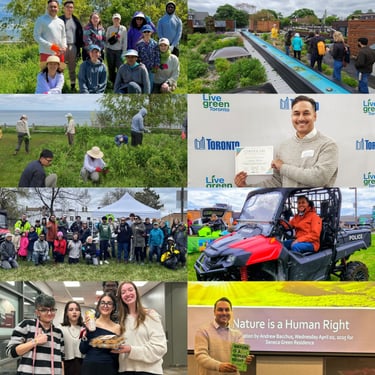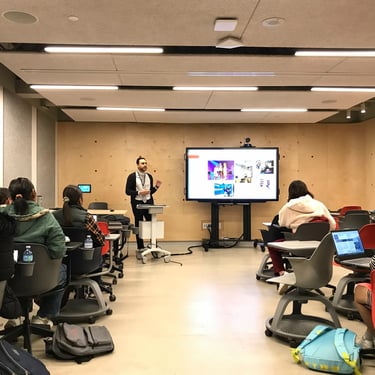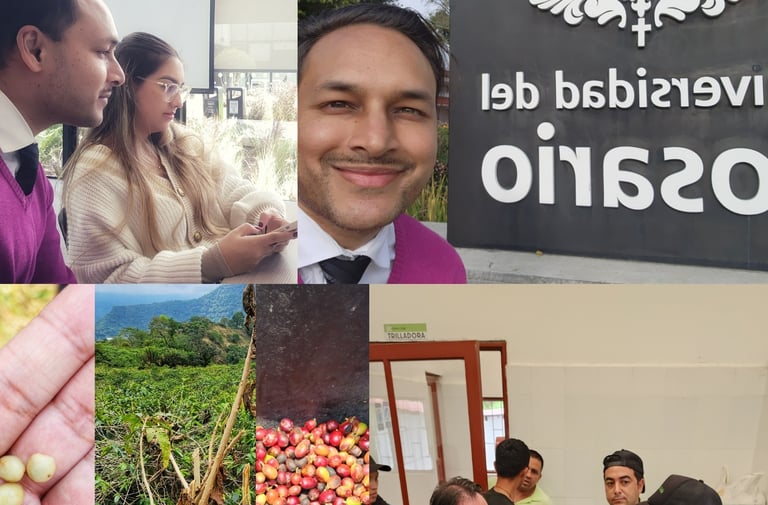
Can You Imagine A Planet Without Sustainability Governance?
Theory of Change: Governing the Inclusive Carbon Economy
Workers build the inclusive carbon economy.
Mission
Invisible Carbon exists to transform sustainability from a bureaucratic compliance exercise into a worker-centered, governance-driven innovation engine that empowers those most impacted by decisions—the workers, innovators, and communities.
The problem
Carbon realities—and the systemic risks they create—have remained invisible within outdated economic and governance systems designed for an economy that will no longer exist by 2030.
Traditional procurement, capital planning, and board rhythms exclude worker voice and ignore climate health risks, fractured trust, and recruitment challenges, which combined together then stifles sustainability innovation.
The Invisible Carbon Approach
By embedding sustainability governance grounded in political ecology, environmental justice, and ecological economics—and co-designed with workers—stressed organizations can see sustainability complexity and convert risk into opportunity through authentic decision-making.
Governance becomes the mechanism for inclusive innovation: with clear roles, worker voice in decisions, continuous rhythms of transparent communication, and evidence of real outcomes.
This governance infrastructure not only enhances compliance and prevents stranded assets, but also unlocks new pathways for equitable value creation, resilient workplaces, and sustainable communities.
Invisible IMPACTs remain central to this change. All fees are reinvested into Invisible IMPACTs. These studies focus on overlooked social, ecological, and cultural dimensions that amplify risk when ignored—and create regenerative opportunities when governed.
Founder Bio
Andrew Bacchus is a sustainability strategist in Toronto with deep experience in international economic development and climate research & sustainability innovation over 10+ years. He began his career working on international development projects and municipal economic strategies to scale innovation, expand global markets, and diversify and strengthen economic sectors.
Andrew holds a Master’s in Applied Environmental Studies and a post-graduate certificate in Sustainable Business Management. He is a Climate Drift Fellow (San Francisco), recognized as a Climate Action Champion by the City of Toronto, and actively contributes to global sustainability networks, including the Planetary Health Alliance. Currently, he is training as an EN-ROADS Climate Ambassador, bringing systems modeling expertise to decision-makers, as well as accelerating with Sam Ibrahim Centre for Inclusive Excellence in Entrepreneurship, Innovation, and Leadership
SPECIALIZATIONS
INDUSTRIAL DECARBONIZATION THEORY & PRACTICE
2012-2025
SYSTEMS OF ENVIRONMENTAL ACCOUNTING
2025
SUSTAINABILITY SCENARIOS & FUTURE STATE
2024-25
POLITICAL ECOLOGY & CONSERVATION
2009-2012
TECHNOLOGY READINESS LEVELS & CLIMATE
2015-2025
OPEN DATA ANALYSIS
2025





